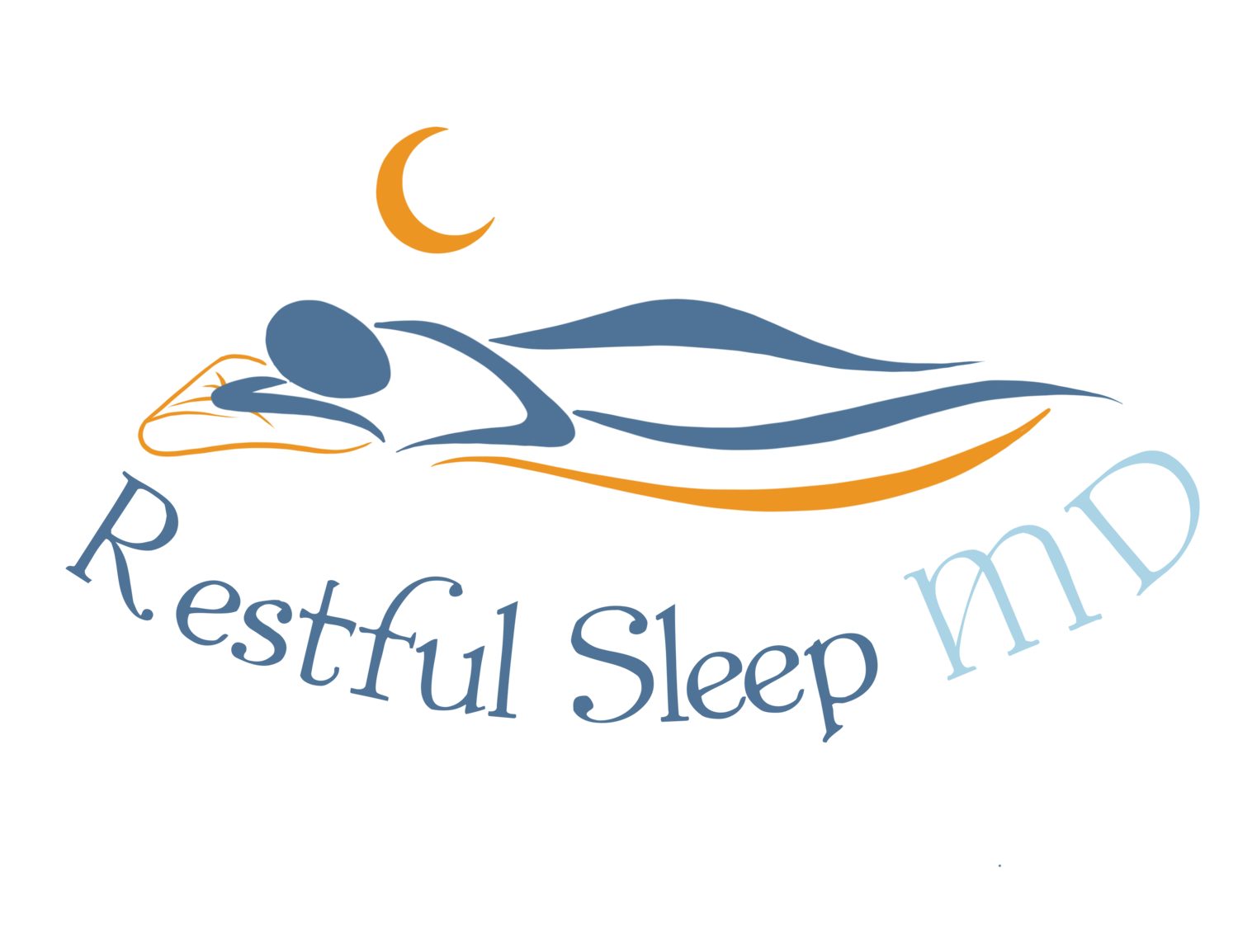Embrace a Digital Detox Journey for a More Restful Sleep
Getting a good night's sleep in today's tech-filled world can be tricky. We're often glued to our gadgets, even right before bedtime, making it hard to wind down. And it's not just us adults; our kids feel the effects too. In this blog, let's dive into simple tips to build a healthier connection with technology and make sleep better for everyone in the family.
Establish a Technology Curfew: Set Boundaries for Better Sleep
Initiate a designated time before bedtime when electronic devices are consciously put aside. Aiming for at least 30 minutes to an hour before sleep signals the brain to wind down. Extend this practice to your children, fostering a family-wide understanding of the importance of unplugging before bedtime.
Utilize "Do Not Disturb" and "Night Shift" Features
Leverage technology to your advantage by activating features like "Do Not Disturb" and "Night Shift." These settings minimize disruptive notifications and can include a VIP list for important contacts. Tailor these boundaries to stay accessible to loved ones while reducing the likelihood of fragmented sleep.
Create a Screen-Free Bedroom Sanctuary
Limit electronic device use in the bedroom as much as possible. Make your bedroom a screen-free zone. Consider designating an area in the house for charging your devices. Most people use their phones as their alarm clock. Getting an analog alarm clock could be worthwhile instead of relying on your phone to minimize temptations further. If you have to charge your phone in the bedroom, keep it at a distance from your bed and ensure it is not within arm's reach.
Embrace Tech-Free Bedtime Routines
Replace screen time with calming activities that send a clear signal to our bodies that it's time to wind down. Engage in activities such as reading a physical book, practicing gentle stretching or yoga, and mindfulness meditation. These activities create a serene atmosphere conducive to a peaceful night's sleep.
Explore Low-Tech Alternatives
Consider incorporating low-tech activities into your pre-sleep routine. Whether it's journaling your thoughts, reading a paper back book, listening to calming music, or indulging in a relaxing warm bath, these alternatives can contribute to a soothing bedtime experience.
Take the first step on your digital detox journey to reclaim restful nights and wake up feeling revitalized. By putting these simple tips into action, you'll find a sweet spot between staying connected and making your well-being a priority. This isn't about drastic changes – it's about making small, manageable adjustments that add up to a big impact on your sleep and overall health. Get ready to enjoy better sleep and wake up with a newfound sense of energy and vitality!


